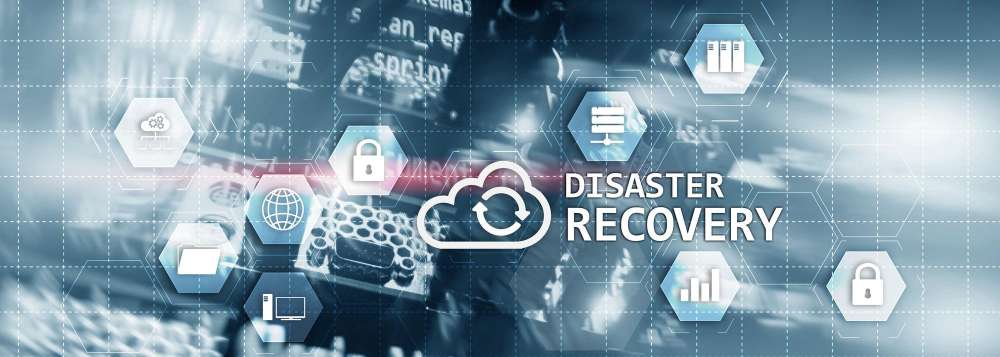
Microsoft, Google, and Zoho: How to Prevent a Single Point of Failure
In today’s world, most businesses rely on productivity suites to manage their daily operations. Among the top providers of productivity suites are Microsoft, Google, and Zoho. These companies offer a range of tools and applications such as email, file storage, CRM, and more, all in one place. However, relying on a single provider without a contingency plan comes with a risk – a single point of failure.
Single Point of Failure
A single point of failure is a crucial component of a system that, if it malfunctions, can result in the entire system failing. This can be a significant concern when using productivity suites which are vital to the seamless operation of many businesses. Fortunately, most of these providers have distributed and decentralized data centers. They use a distributed storage system, which means that no single point of failure can cause the system to crash. Additionally, the processing of applications and services is spread out among different servers, so if one server fails, the service will still be available.
However, all technology systems, including those from productivity suites have the potential to fail or crash. Therefore, these companies have invested heavily in building robust and resilient infrastructure to minimize such incidents. They use advanced data centers with backup power supplies, generators, and multiple network connections to ensure high availability. They also have testing and monitoring procedures in place to detect and resolve issues before they become widespread.
Despite these precautions, unforeseen events like natural disasters, cyber-attacks, or human errors can still cause system failures. Nevertheless, these companies have disaster recovery plans to quickly restore services and minimize disruptions. The likelihood of system failures depends on various factors, but these companies have a reputation for providing high-quality services to millions of customers worldwide.
So, how can you mitigate this risk? Here are some tips:
Backup your data on another provider:
One of the most effective ways to mitigate the risk of a single point of failure is to back up your data on another provider. This way, if one provider experiences an outage, you can still access your data and continue with your business operations using the other provider.
Check the provider’s backup and disaster recovery policies:
Before choosing a productivity suite provider, make sure to check their backup and disaster recovery policies. Providers such as Zoho offer incremental backups every day and full backups every week of their databases. To ensure high availability and minimize downtime, productivity suite providers have data replication between their data centers. This means that data is copied and synchronized in near real-time, ensuring minimal or no loss of data in case of a failure. This information can help you choose a provider that offers the best protection for your data.
Use offline backups:
It’s always a good idea to have offline backups of your data. This way, even if both your primary and backup providers experience an outage, you can still access your data from your offline backup. Use external hard drives, or other offline backup solutions to keep your data safe.
Have a disaster recovery plan:

Finally, it’s essential to have a disaster recovery plan in place. This should outline steps such as switching providers, retrieving data from backups, and communicating with the team and customers.
Relying on a single provider for all your productivity needs can be risky. However, by implementing the tips mentioned above, you can mitigate this risk. Additionally, this will ensure that your business operations continue smoothly even in the event of a provider outage.
While all three providers – Microsoft, Google, and Zoho – offer excellent productivity suites, my personal preference, and bias is Zoho due to their comprehensive backup and disaster recovery policies. If you’re a business owner seeking to implement any of these solutions, click here to learn about how our Business Kit Subscription might be able to help



